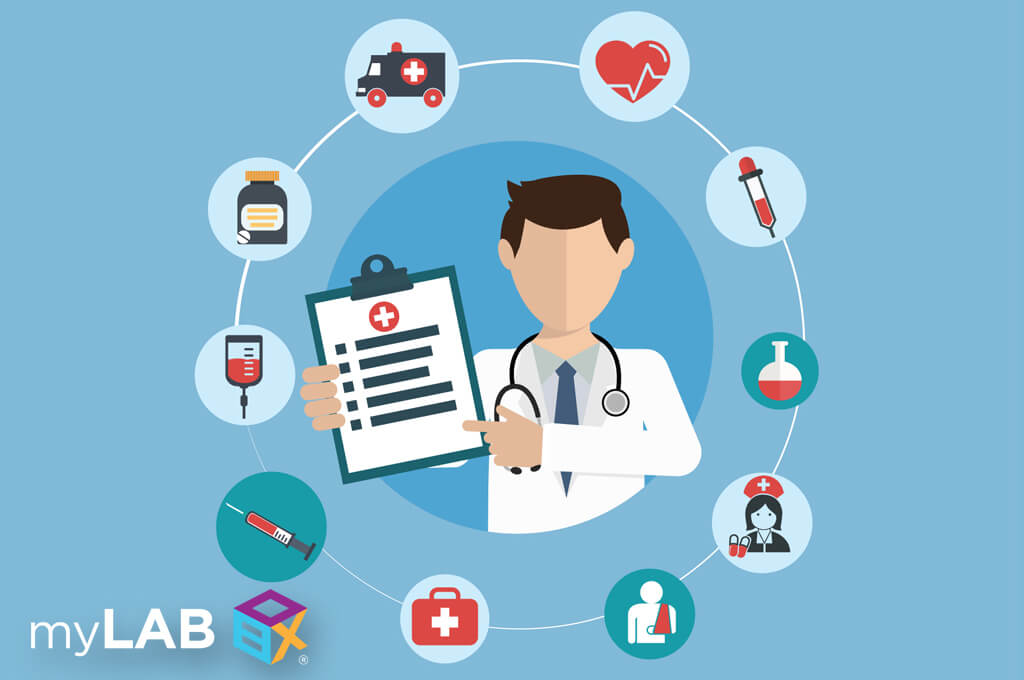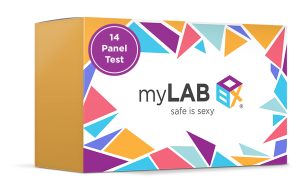What STDs Are Not Curable?

| ❖ Free physician consultation ❖ Mail-in kits for home use ❖ Test in just 5 minutes ❖ Lab results in 2-5 days ❖ 100% pain free ❖ Enjoy free shipping |
To Order By Phone Click Here (800)856-9522
What STDs are not Curable?
There are many STDs out there, and while some can be cured with something as easy as taking an antibiotic, others are still incurable.
STDS fall into different categories: viral, bacterial and parasitic.
Bacterial
STDs caused by bacteria are generally curable with a course of antibiotics. For a bacterial infection to thrive in the body it needs the means to replicate and grow. Antibiotics inhibit growth by blocking the proteins or DNA replication of the virus so that it eventually dies out.
Some bacterial STDs can become resistant to antibiotics. Currently Gonorrhea is cause for national concern as it has built resistance to the antibiotics that are used to treat it. Chlamydia, and Syphilis are becoming more resistant to antibiotics as well. This comes from years of using the same antibiotic to treat these bacterial sexually transmitted diseases. There were 3 main antibiotics used for treatment and we are currently down to just one that remains effective. With an increase in transmission of these diseases and a decrease in available effective treatment, these 3 STDs could soon find themselves on the incurable list of STDs. Unless more aggressive treatments are found to combat this issue, we could be stuck with major societal health risks.
Viral
Everyone that has been to the doctor with a cold has had their doctor tells them, “it’s viral, and it will just have to run its course.” However, when it comes to viral STDs, it isn’t quite as simple. Science has come a long way in combating the symptoms of viral STDs, but there is still no “cure.”
Viral STDs include: Human Immunodeficiency Viruses (HIV), Human papillomavirus (HPV), Herpes and Hepatitis C.
HIV is not curable. There is research underway that could offer longer life span and possibly a cure for this viral STD. Right now, the best form of treatment is to control the virus through antivirals. This treatment does not stop the disease from spreading, but it can allow you to live a productive life, suppress HIV symptoms and delay the onset of AIDS.
Hep C is the closest we have come to being able to cure one of the viral STDs. With new treatments available patients can experience sustained virologic response (SVR). This response shows that the virus is currently gone from the body. Because this is a new form of treatment it is unknown if the virus is permanently gone.
Catch it early!
Some STDs have cures, some do not, and there are some that may be harder to treat now than they were in earlier years. If you happen to have an STD it is important that you treat it sooner rather than later. Even if the STD is not curable, the sooner you receive attention, the sooner you can stop it from further advancing and causing more damage to your body. With medical advances non-curable STDs don’t have to be a death sentence and can be controlled and treated. The first step to treatment is knowing that you have an infection. Testing can be done discreetly in the privacy of your own home. Remember, not everyone shows symptoms of having an STD and you will never know if you are infected or spreading an STD unless you get tested.
Popular Tests

Total Box
14 Panel STD Test
In Stock – Free Shipping
$369 – $399
